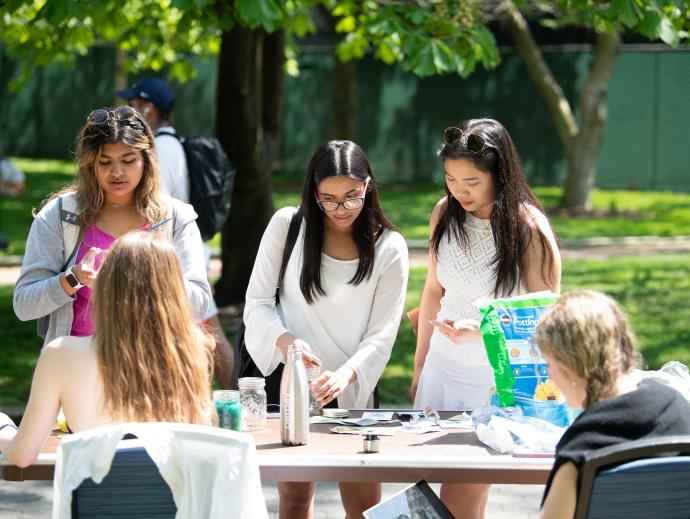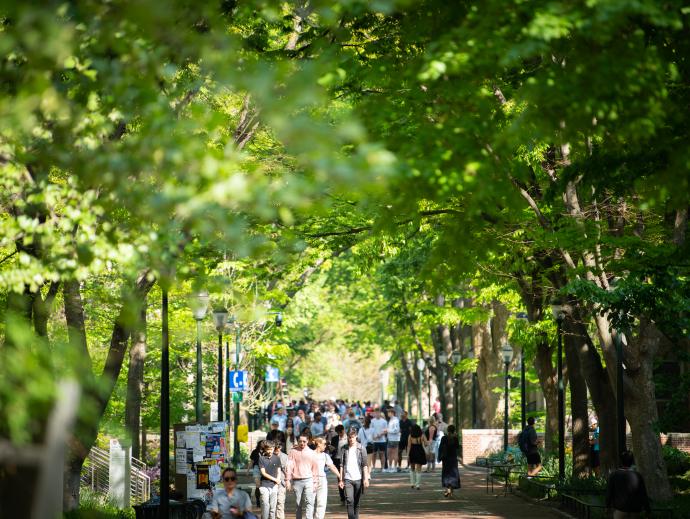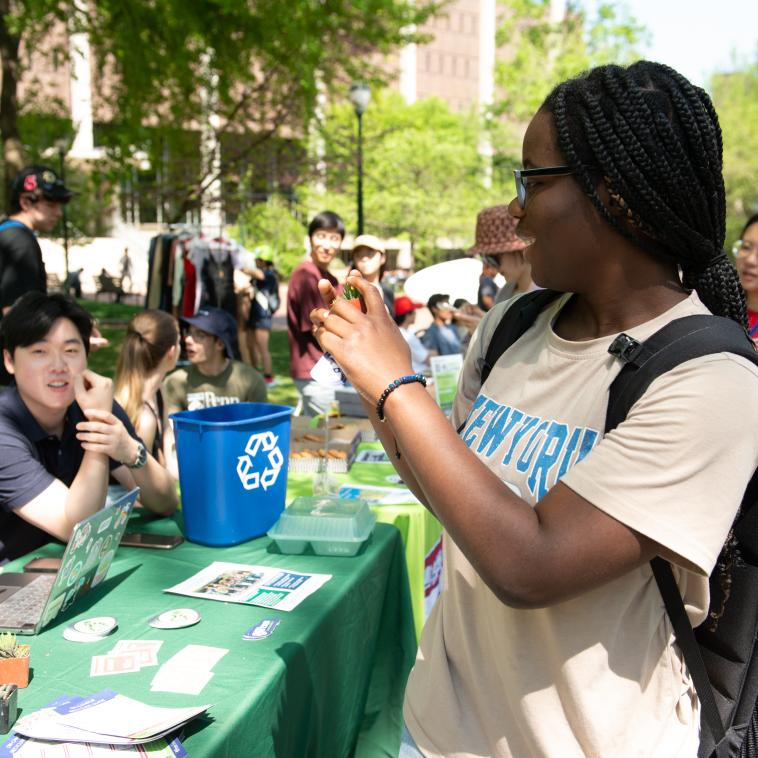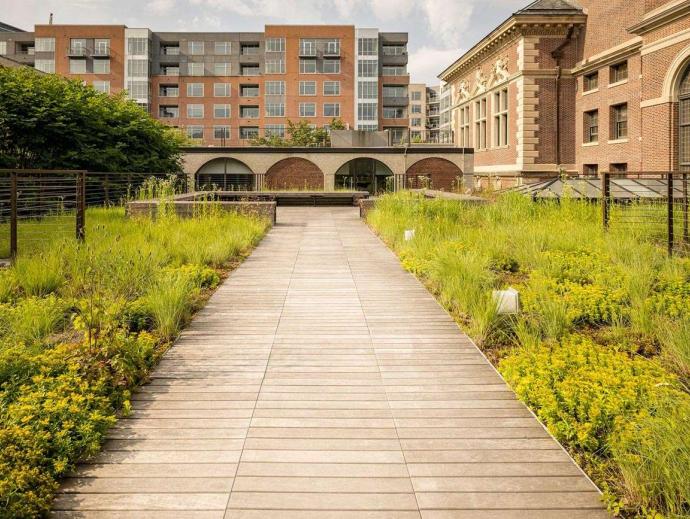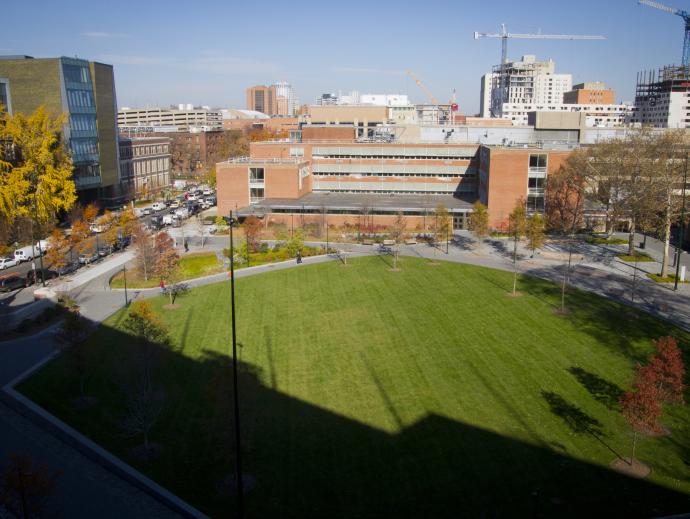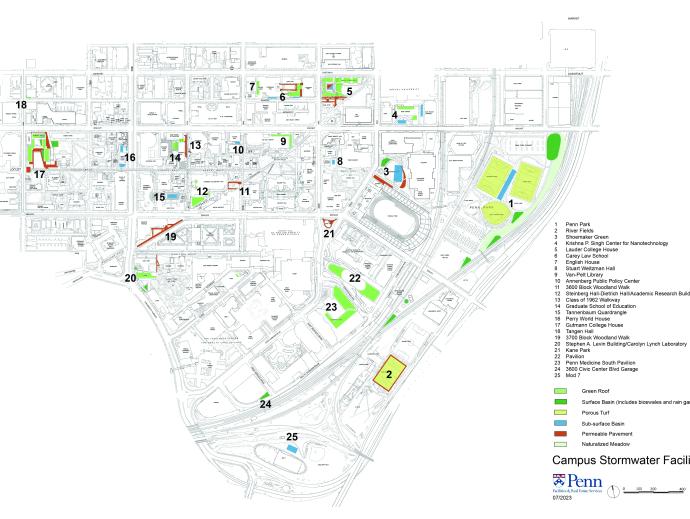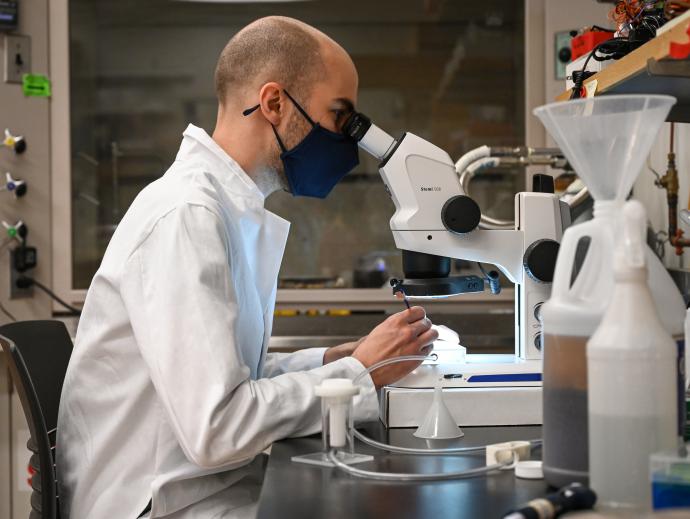Austin is the Sustainability Analyst in the University of Pennsylvania Sustainability Office. Austin serves as the primary data and metrics analyst by collecting and reporting university sustainability performance metrics. He oversees the Green Office Certification program, Green Labs, ULT Freezer Rebate Program, the Integrating Sustainability across the Curriculum (ISAC) program, and the Civic Sustainability Fellows (CSF). Austin is also responsible for submitting University sustainability data to the Association for the Advancement of Sustainability in Higher Education (AASHE), American College & University Presidents' Climate Commitment (ACUPCC), and the City of Philadelphia.
Previously, Austin worked for a local recycling and waste company, consulting on sustainability and landfill diversion projects. There, he was responsible for supplier emissions reporting as well as identifying new zero waste strategies tailored to each clients’ operations. Prior to that, he worked at the University of South Carolina as their Sustainability Coordinator where he lead the completion and submittal of the university’s comprehensive sustainability report (AASHE’s STARS); managed the office’s financial operations; tracked progress on university sustainability goals; and supervised the Sustainable Carolina Garden program. During his time at USC, he was selected to participate in the Obama Foundation’s inaugural Community Leadership Corp where he started an initiative in Columbia, SC providing Latinx and undocumented high school students and their parents with resources to pursue a higher education after graduating high school. Austin holds a B.A. in Environmental Studies from the University of South Carolina and is a LEED Green Associate. Austin has lived in Philadelphia since 2020 and in his free time you will likely find him hiking; camping; kayaking; with his two rescue dogs, Lizzie and Willow, in tow.
